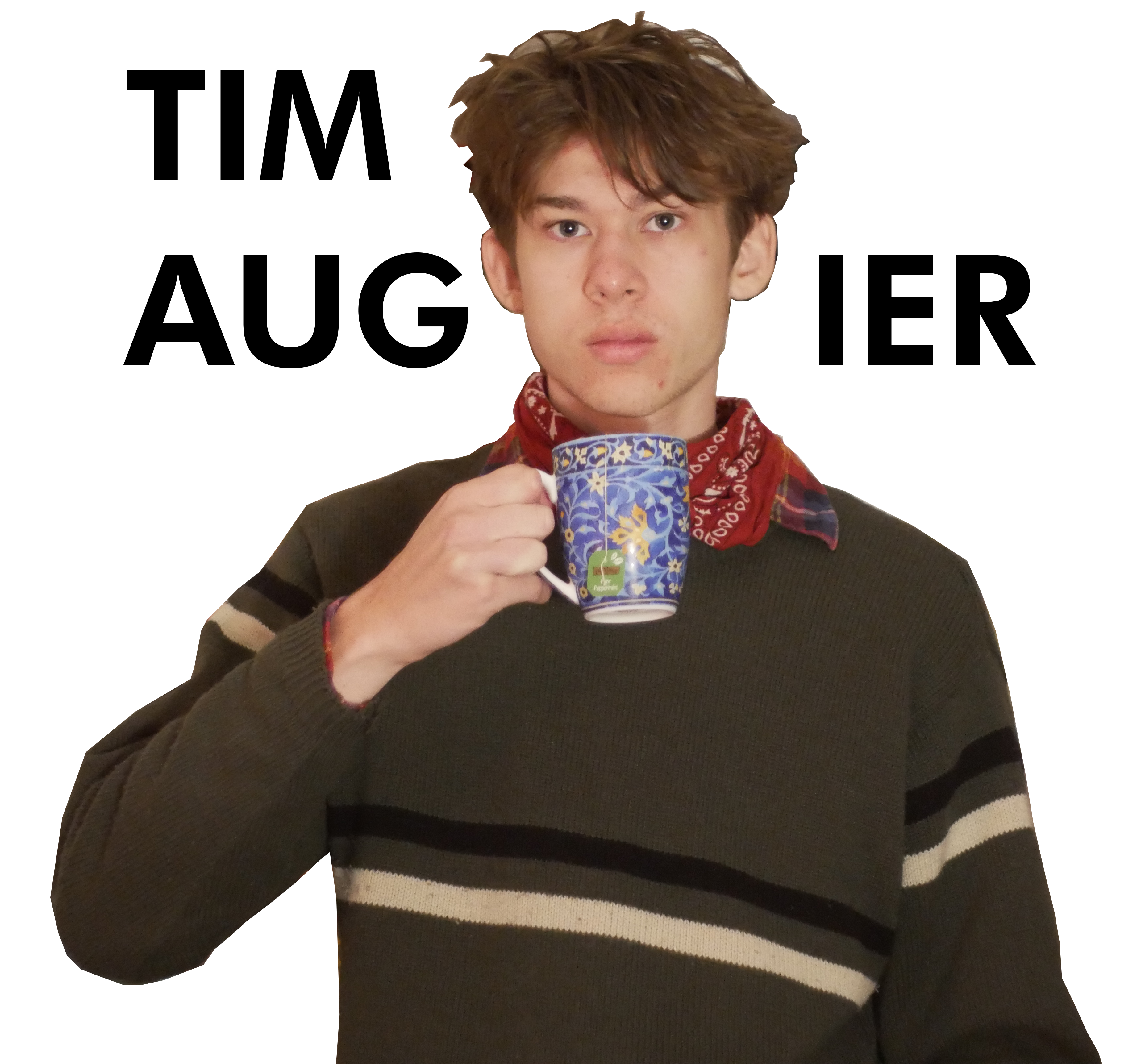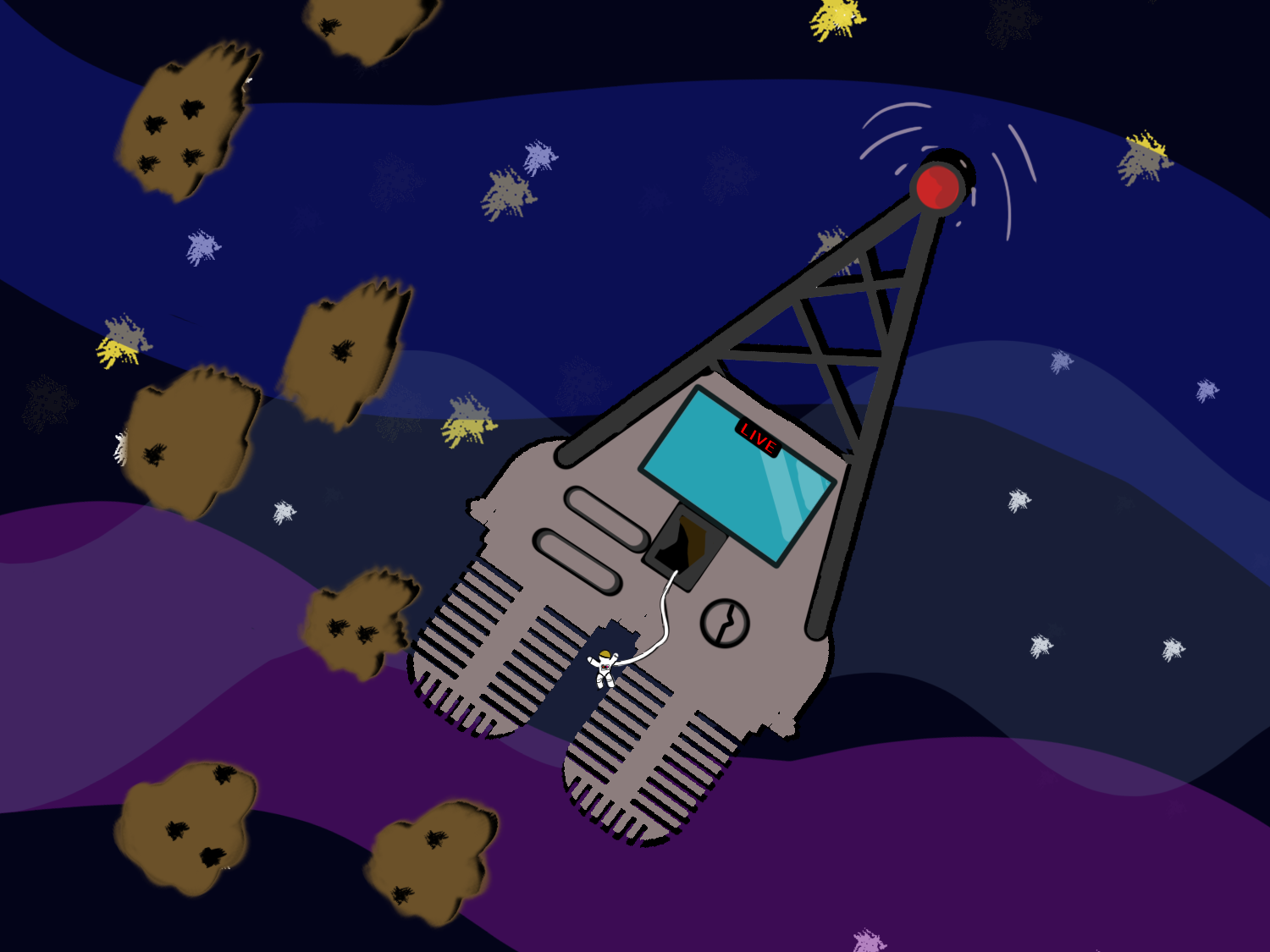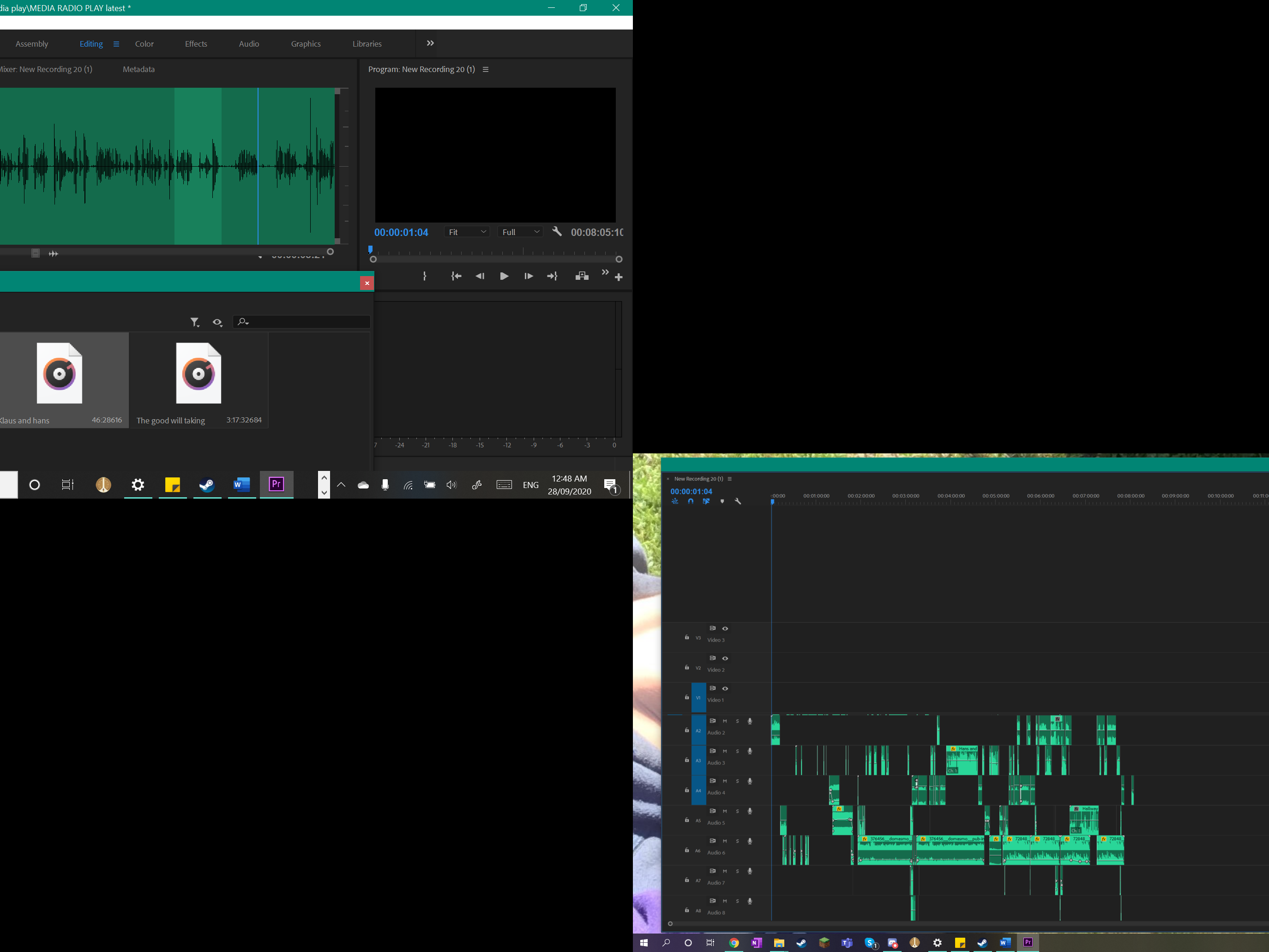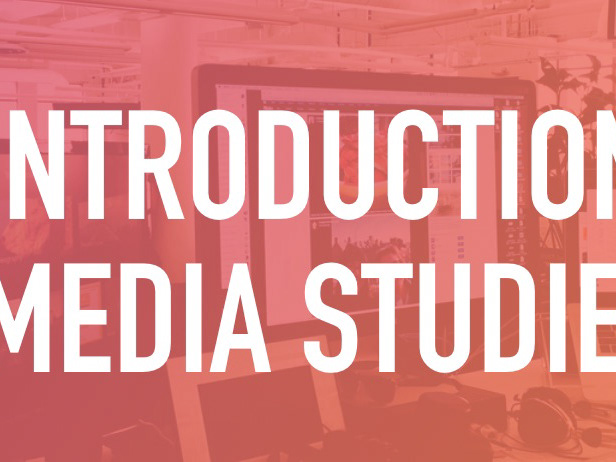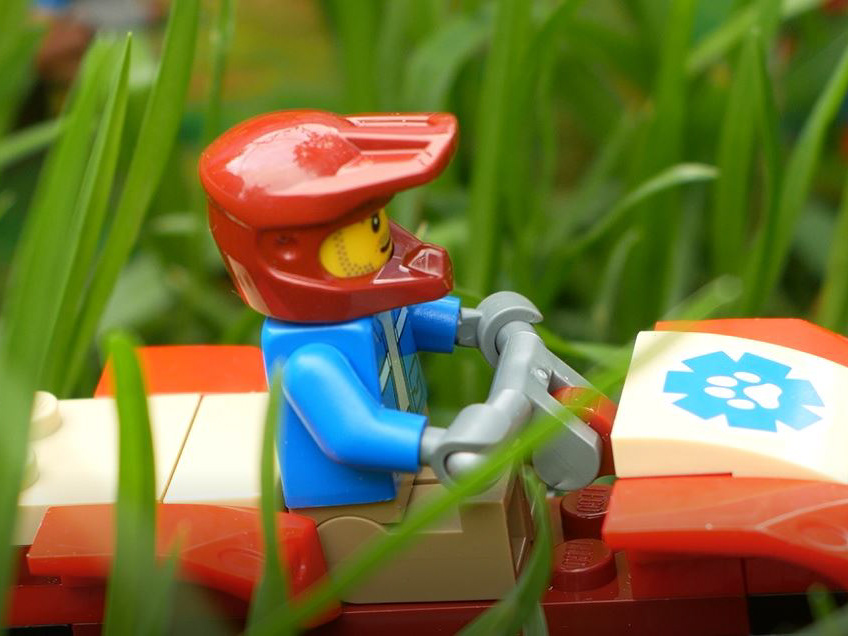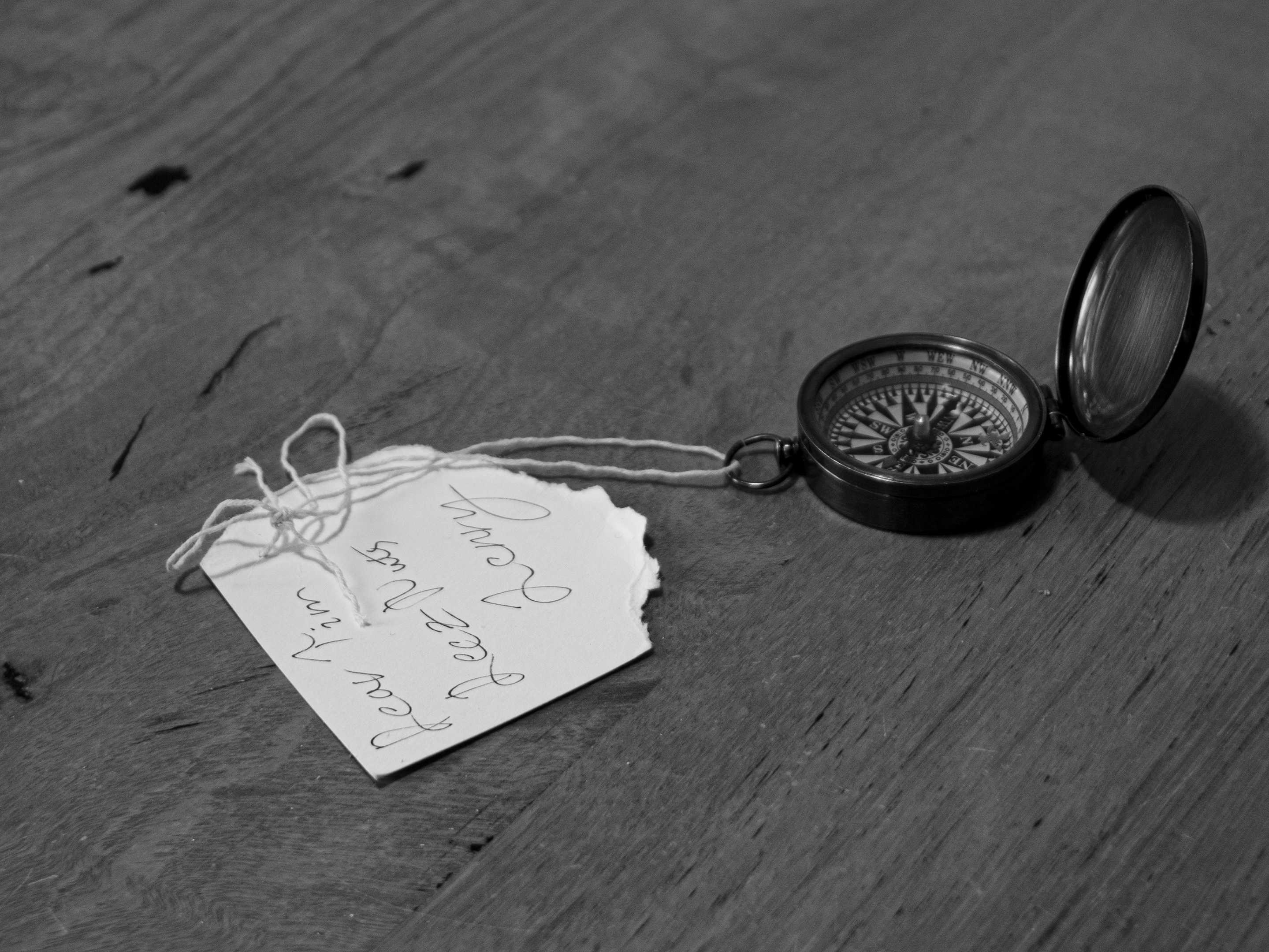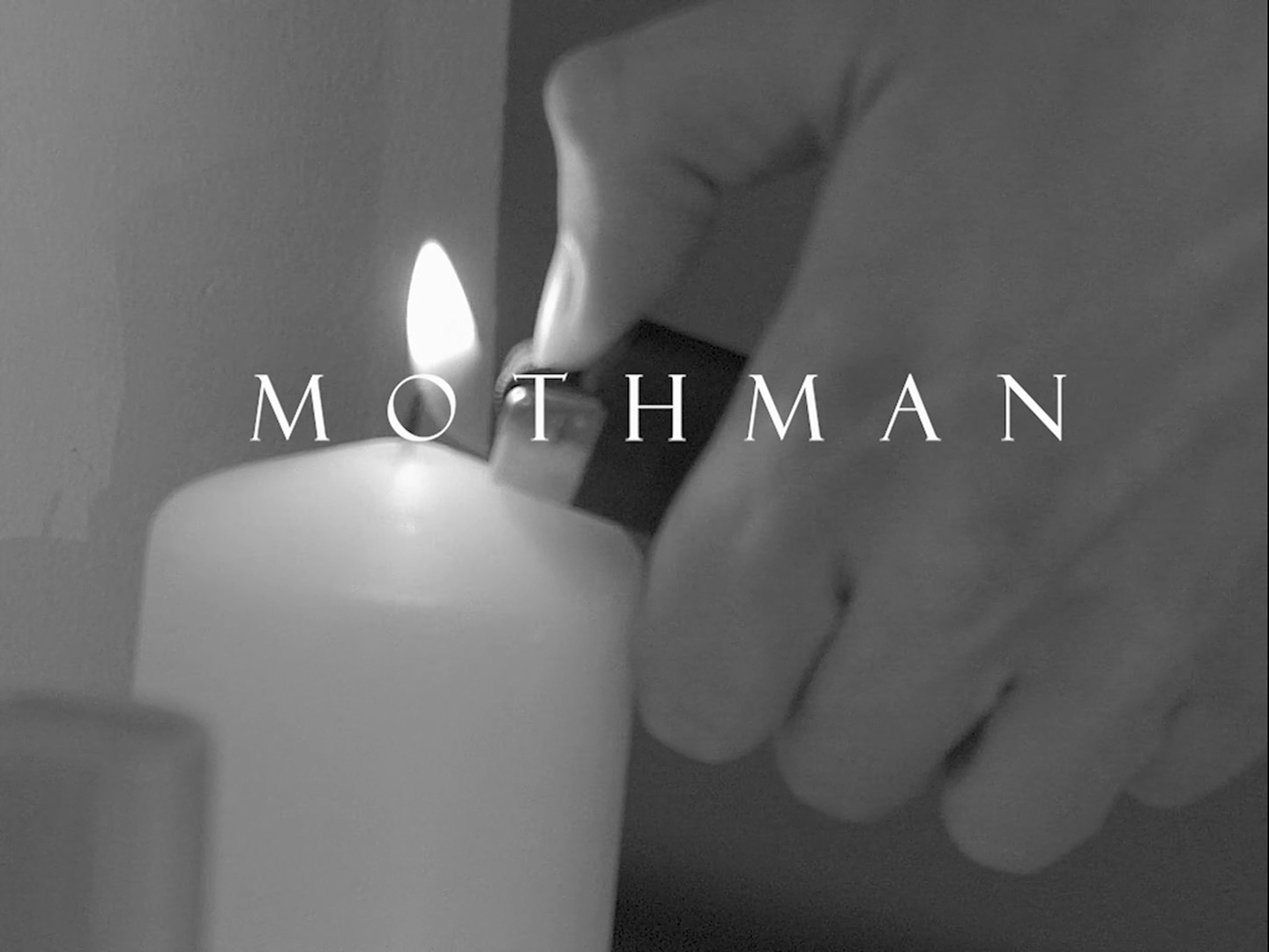A retrospective interview, Former Mayor Mark Riley discusses the process of changing the name Moreland to Merri-bek, and the opposition faced in the process of reconciliation.
“Not everyone was on board,” Former Mayor talks Name Change
The Moreland Plantation: Moreland's Skeleton in the Closet.
‘It was known at the time of amalgamation that Moreland was named after a plantation in Jamaica… People knew it just didn’t concern them.’ – Christine Jackson, Historian.
What ties Moreland to a slave plantation in Jamacia? This article examines the connections between Merri-bek's former name and the Slave trade, as well as what Merri-bek is doing to escape its sordid history.
In 2021 it came to Moreland council’s attention, that the city was indirectly named after a Jamaican Slave plantation. ‘It’s very indirect… Farquhar McCrae named it after his family’s estate in Jamacia, which was a slave plantation. No one at any point said oh what’s a good name I know this wonderful slave plantation’ said President of the Brunswick History Group Elizabeth Jackson.
Farquhar McCrae was a British surgeon, who, according to a report by Dr James Lesh of Deakin University, Report on the place name Moreland April 2022, bought the land in modern day Merri-bek in 1839. Named Moreland, this estate comprised 908 acres of land, a decent percentage of Merri-bek today. ‘He wasn’t a very significant person… in the history of Brunswick, but he did have an estate which he called Moreland’ related Jackson. From the name of his estate, derived Moreland Road, which Moreland Station on the Upfield Line was then named.
Moreland Road, from which the Council name was Derived. The sign includes additional information but neglects the use of slavery.
Though there is no written or direct evidence which states McCrae named the estate after his grandfather’s, the report by Dr Lesh shows how there is no evidence of him getting the name from anywhere in Britain, and he and his contemporary family members were well aware of the Jamaican estate, as well as the usage of slaves. Thus, the officially and academically accepted conclusion is, that Moreland in Melbourne was named after Moreland Jamacia.
The Moreland plantation was a farm in Jamacia which produced rum, sugar, tobacco, indigo, and cotton, as well as rearing cattle and horses, all produced directly with the use of enslaved africans, from the Atlantic slave trade. This allowed McCrae’s grandfather, Alexander McCrae, to become very wealthy off of the back of the produce. Though it must be said that the Melbourne branch of the McCrae’s, including Farquhar, did not directly receive any of his immense wealth, they still benefited from the class and status that it had afforded them. Farquhar was a surgeon, able to be educated off the back of the wealth and status his grandfather had amassed. From this is has been decided by academics and government alike, that Farquhar McCrae named his Melbourne estate directly after a Slave farm, from which he benefited socially, if not fiscally.
Though slavery had been outlawed in the British empire just prior to McCrae purchasing the land in Melbourne, Mayor at the time of the recent Name change, Mark Riley, thought that it was still a close attachment to the issue, saying ‘Slavery is still a major problem in the globe at the moment, there a millions of people being traded, and a lot of trade for sexual purposes, child slavery… It’s not just a historical matter, it’s also a contemporary issue.’ The idea being that the relation of the name Moreland to Slavery is not just a historical wound, but an open one, with people being actively affected by related issues, and even though the names history isn’t new knowledge, it is present in a more aware society today.
Mayor at the time of the Change, Mark Riley
‘It was known at the time of amalgamation that Moreland was named after a plantation in Jamaica… People knew it just didn’t concern them. a lot of people thought an indigenous name would be more appropriate’. Relayed Jackson. According to her, Moreland was a name pretty chosen arbitrarily, and that a lot of people felt that an Indigenous name was more appropriate.
According to Lesh, of 39,000 forms surveying people on the new council’s name, sent out during amalgamation to the residents, only 2,667 forms were returned, and only 57% of these responses, were in favour of the name being Moreland. The name was chosen with little reflection on the residents, only 1520 of the at least 39,000 residents deciding on the name. One can draw comparison to the recent survey to decide the name Merri-bek. According to a council released timeline of events, Renaming Moreland, of a voting population of 113,051, only 6,315 responded, with a similar percentage of only 59% (compared to the amalgamation era statistic of 57%) of these were in favour of the Name Merri-Bek (The survey also found there was a 22% support for Jerrang, 13% support for Wa-dam-buk, and 6% preferred no name change.) These statistics, hold similar public weight.
According to a June 2022 ABC article, Moreland residents choose Indigenous word to replace council name linked to slavery, the cost is estimated to cost council $500,000. Though many people opposed to the change have claimed the cost will be much higher, the council is only immediately going about changing the bigger things, large signs, trucks, buildings. Things will remain emblazoned with the name Moreland until they reach the end of their lifetime anyway, or get used up. It is still common to see council cars, leaflets and bins featuring the name Moreland, or more often than not, side by side with something named Merri-bek. This approach is designed to allow the immediate and symbolic changing of the name, whilst not being wasteful of functioning products, property, and money, which could be spent on more pressing issues.
The council’s policy of slow name changing exhibited by two bins of the same house, one with the name Moreland and one with Merri-bek.
Whether or not one agrees with the decision to change the name Moreland, the evidence linking it to the slave estate is sound, and the new name, Merri-bek, is just as popular, and here to stay.
"I think it was a huge waste of money" Local Councillor on Name Change
Local Councillor Oscar Yildiz shares his view on why he thinks the choice and manner of the name change from Moreland to Merri-bek was done badly
